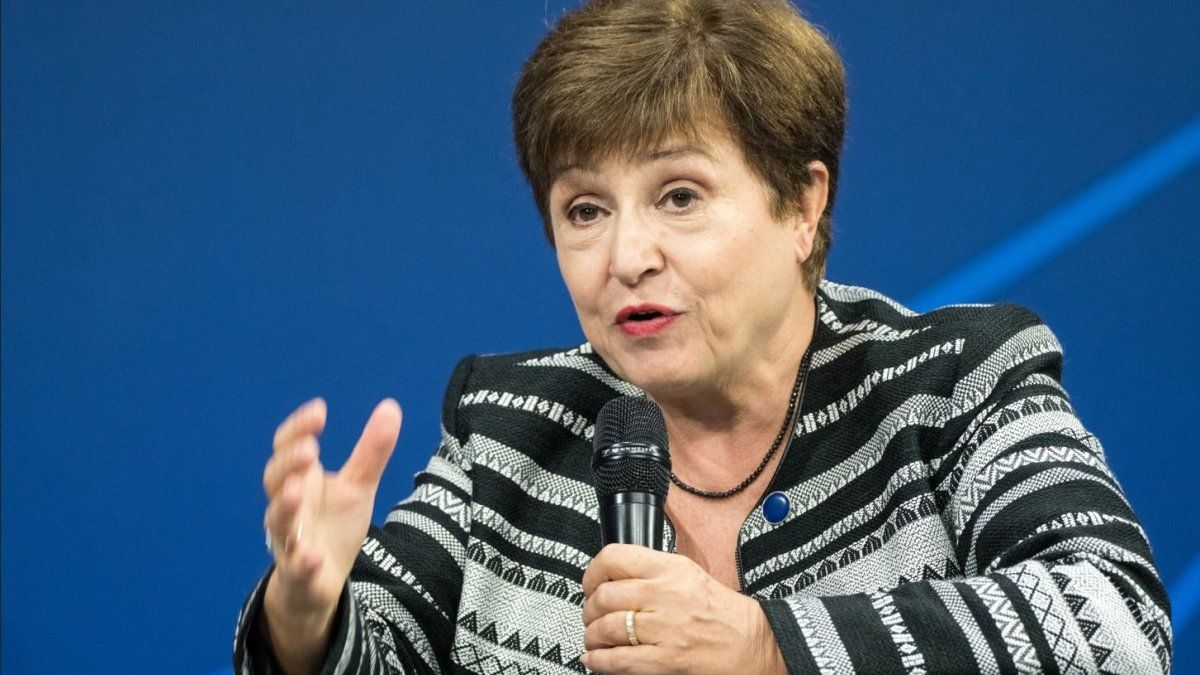What do we want to give up?
By Luca Nemeth, Hungary
Let’s be honest. We want to protect the climate and our environment and stop global warming. But what price are we willing to pay for it? Are we really prepared to make sacrifices to secure our children’s future? What do we as consumers want or can we do without? And what does such a waiver mean for Europe as a whole? In the future, will we run out of bananas and coffee – products that travel a long way to our supermarkets? Will we give up the comfort of driving and switch to the train? Many of us are looking for guidelines on how to save our planet.
The Green Deal is the EU’s crucial response to the current climate crisis. The EU commits to becoming climate neutral by 2050. This strategy affects all economic sectors, especially transport, energy, agriculture, construction and industry. The most important goal is to transform the EU into a modern, sustainable and competitive economic area.
However, these goals of the Green Deal cannot be achieved without new processes, regulations, innovations and products. Research and innovation as well as testing and implementation of their results are therefore crucial at EU, national and regional level. Education and science are the main factors of this transformation. More sustainable transport such as the climate ticket in Austria, the use of clean energy, the protection of nature from waste, the concept “from farm to fork”, i.e. from the farm to the fork, energy-efficient living – that are just a few of the many small steps that each and every one of us can take. Climate protection must be given the highest priority in order to keep our planet worth living in.
From dream to reality
By Markus Kocian, Slovakia
The Green Deal, with the main goal of making Europe the first climate-neutral continent by 2050, is one of the most ambitious projects to date. The benefits that would result from this are numerous: cleaner air and water, energy-efficient buildings, healthier food, clean energy and improved public transport. How realistic is it that “Europe’s man-on-the-moon moment” (Ursula von der Leyen) will actually happen?
The Covid-19 pandemic and the Russian incursion into Ukraine could both have beneficial effects. A total of 438 megatons less CO2 emissions were emitted in 2020 compared to 2019 – a monumental difference for the climate of our planet. Certain patterns are already recognizable: people consciously shop more regionally, and business people no longer necessarily travel halfway around the world for a meeting. With regard to Europe’s dependence on Russia, two-thirds fewer Russian gas imports are to be purchased by the end of 2022. How realistic that is is questionable, but it is a step in the right direction – to rely more on renewable energies in the future.
Europe alone will not save the climate. When countries like China are responsible for up to 25 percent of global greenhouse gas emissions, the Green Deal is ambitious but probably just a nice try. Cooperation with other continents is therefore absolutely necessary.
In less than 30 years, the way we live, produce, travel and consume energy (to name just a few things) is said to have completely changed. Involving the population even more will be essential for the triumph of the Green Deal.
The War and the Environment
By Liudmyla Shyian, Ukraine
The Russo-Ukrainian War not only brings loss of life and property, loved ones, families and friends, it also has long-term environmental impacts. The level of destruction caused by war and the arsenal of weapons used, toxic chemicals in the water, soil and air could have an impact for decades, damaging human health, habitat and species. The subsequent reconstruction will be very resource intensive, increasing the pressure and demand for energy and building materials.
The events in Ukraine have shown the world how inefficient and helpless our global organizations are. Nevertheless, the European Union has not abandoned its zero pollution goal. It is feared, however, that the Green Deal will remain another complex document, followed by a series of international conferences and meetings that will only produce more carbon dioxide. What the world needs now is a simple list of steps that European citizens should take immediately:
Transition to clean energy: Local regulations are needed as households replace current energy sources with new ones.
Conversion in agriculture: Biological implementation plans are needed for local agriculture.
Green Transport: We should start with the automotive industry and local transport and infrastructure issues.
Society is crying out for a reorganization of existing processes. Structures should be changed bottom-up rather than top-down. The climate change situation is similar to war: the earth needs our initiatives today. Tomorrow might be too late for that…
What about the climate package?
By Petra Wolfsteiner, Austria
Europe has never experienced such enormous price increases for electricity, natural gas, heating oil, coal and wood pellets. At the same time, consumer prices for food and other goods are also rising. The situation is exacerbated by the broken supply chains and the war in Ukraine. Since the Ukraine has enormous mineral resources and resources such as iron ore, oil, natural gas, grain and sugar beets, acute supply bottlenecks arise. The sanctions against Russia continue to drive up prices. The current development calls into question the central demands of the Green Deal, in particular the cornerstone of ensuring a reliable, affordable, sustainable and competitive energy system.
The Green Deal is intended to lead the economy and population to climate neutrality by 2050. For this purpose, 50 measures were defined in the EU Commission. This includes the expansion of renewable energies, an expansion of the emissions trading system, a CO2 border adjustment system that is intended to protect domestic industry, as well as subsidies for the breakthrough in the production of “green steel”.
With 75 percent of EU emissions coming from energy consumption and production, decarbonising the energy sector is essential. The integration of the energy systems has top priority for all Member States. This means that a networked energy infrastructure with different energy corridors must be built for the EU. In particular, the development and use of clean renewable energy sources (offshore energy and hydrogen) should be promoted. Consequently, the current legislation on renewable energy and energy efficiency is to be revised.
An impossibility
How does an ecological change in the energy sector work that is supposed to ensure global competitiveness? From the current point of view, this is an impossibility, because renewable energies such as wind power and photovoltaics cannot completely cover the constantly increasing demand for electricity. Especially when coal-fired power plants and nuclear energy are to be taken off the grid at the same time. This approach would lead to further increases in energy prices and an energy system characterized by supply uncertainties.
In order to meet the goals of the EU Green Deal with regard to the decarbonization of the energy sector, concrete measures and timely realizable plans are required which take into account the interrupted supply chains and the supply uncertainties and bottlenecks. One should not forget the dependence on the USA (machines and airplanes), China (medical products and devices) and Russia (oil and natural gas).
EU citizens are freer today than they used to be, but feel more powerless. The energy crisis in particular confirms that the ultimate sufferers are the citizens who have to bear the price increases. A possible solution could be a re-nationalization of the flow of goods.
Source: Nachrichten




